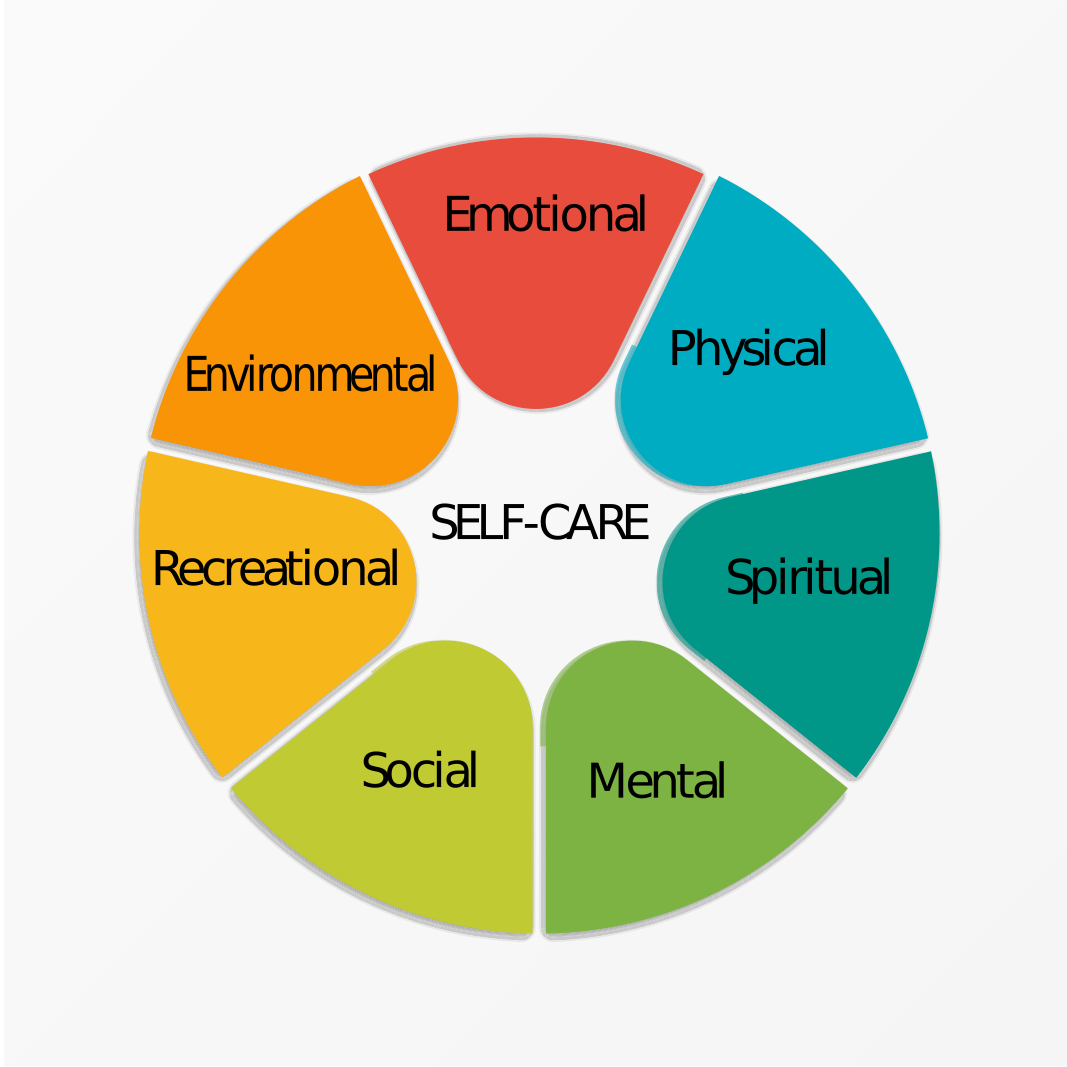The benefits of Calcium and Vitamin D extend beyond just bone health
When people think of calcium (a mineral), they often think of bone health. However, its benefits go far beyond helping build and maintain strong bones. This mineral is also essential to regulate heart rhythms, aid in muscle function, regulate blood pressure and cholesterol levels, and is involved in numerous nerve signaling functions and more! Research has also shown that it may help protect against cancer and diabetes when combined with vitamin D (a hormone). Overtime, as we age, we begin to lose bone mass which can lead to osteoporosis, weak bones, and even fractures. That’s why a calcium deficiency, also known as hypocalcemia, can be detrimental to health and can lead to osteoporosis among many other things.
What happens when you don’t consume enough calcium?
Your body pulls it from “calcium reserves” that are stored in your bones. This is necessary to maintain sufficient calcium in the blood and to circulate this calcium to all the organs of the body that depend on it for proper muscle function. As a result, it depletes your calcium storage in your bones, reducing your bone density and can result in osteoporosis.
Recommended Daily Intake of Calcium
Most health authorities recommend the following:
- 1,000 mg per day for men and women under the age of 50
- 1,200mg per day for adults over 50
- between 200-700mg per day for children, depending on their age
- 1,300mg per day for teens to help support their growing bones
- 1,200-1400 mg per day for pregnant and breastfeeding women
BUT…….Did you know that your body can only absorb about 600mg at a time? So, even if your supplement says 1000mg, you’re not retaining it all.
My suggestion is to split your daily dose. For example, take 500 or 600mg twice to three times a day to get your recommended daily dose. Always check with your doctor first because taking any supplement in access can also lead to health issues. Taking calcium in access for example can cause kidney stones, among other health-related issues.
If you get enough calcium from food sources, then you don’t have to supplement. Always try to get the recommended daily amount from food first, and then consider supplements if needed.
So what’s the best calcium supplement to take? You always want to aim for a high-quality, food-based supplement that includes calcium, vitamin D and magnesium (because both vitamin D and magnesium are essential nutrients for calcium absorption).
Calcium and Vitamin D are even more important with the winter months around the corner when we don’t get enough natural sunlight. As a result, both our calcium and our vitamin D storage can get depleted. This is because sunlight triggers the production of vitamin D in the skin. Vitamin D is crucial for optimal calcium absorption. When vitamin D is low, our body cannot properly absorb calcium from both our diet and from supplements.
People who often have low levels of vitamin D are those who don’t get enough sunlight or use a strong sunblock, those with dark skin, individuals over 50 (because the body’s production and use of vitamin D declines), and those with digestive conditions who are unable to properly absorb fats and vitamin D (because vitamin D is fat-soluble and best absorbed with fat).
Recommended Daily Intake of Vitamin D
400-800 IU (International Units) for those under age 50
800-1000 IU for those over age 50
** Endocrine Society suggests that vitamin needs for adults is higher and recommends up to 1,500- 2,000 IU of vitamin D daily for adults. This is generally safe and should help people achieve adequate levels
Best food sources of Calcium
- Dairy products
- Dark-green leafy vegetables
- Dried peas and beans
- Fish with bones
- Sardines
- Kale
- Almonds
- Broccoli
Best food sources of Vitamin D
- Fatty fish such as salmon, tuna, and swordfish
- Beef liver
- Cheese
- Mushrooms
- Egg yolks
- Cod liver
- Fortified milk
- Fortified almond milk
Be on the look-out for the following symptoms of hypocalcemia (low calcium levels):
- Mood-related issues, such as depression, anxiety, anger
- Confusion, brain fog, hallucinations
- Weakness and fatigue
- Brittle, weak bones that are prone to fractures
- Abnormal blood clotting
- Developmental delays in children
- Face twitching
- Muscle spasms and cramps
- Feeling numbness or “pins or needles” (especially in extremities)
- Heart problems with blood pressure and reduced heart rate
Calcium deficiency has numerous implications. It’s important to maintain adequate levels of both Calcium and Vitamin D, either through diet or through supplementation. Studies have also shown that weight-bearing exercises also help keep our bones strong.




